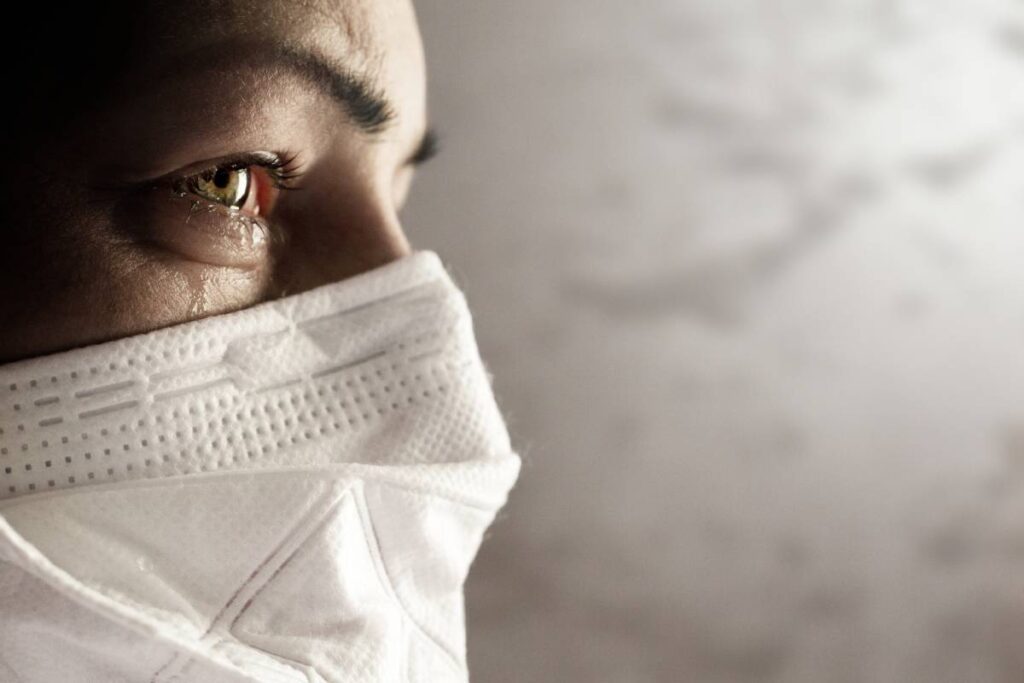Chronic dystonic movements postoperatively are very rare, especially in a patient without a prior diagnosis of a movement disorder [1,2]. However, experiencing a transient movement disorder in the postoperative period that is associated with induction and emergence of anesthesia is relatively common [2]. Dystonic movements following surgery must be addressed quickly to navigate the differential
Postoperative Drug-Induced Movement Disorder








